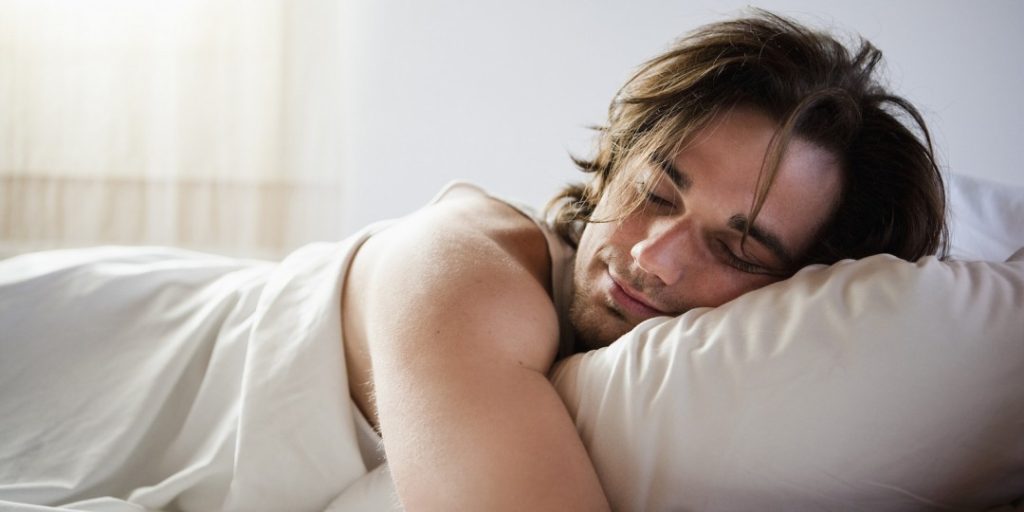Sleep Expert reveals how Dry January can help you sleep better

With thousands of people across the UK taking part in Dry January this month, leading Sleep Expert at Silentnight, Hannah Shore, shares her comments on how sleep is affected by alcohol, and how taking part in Dry January can help improve sleep health.
Hannah said: “Alcohol has an impact on your sleep architecture – the amount of time we spend in each type of sleep, which immediately impacts the quality of sleep you get after a night of drinking.
“It acts as both a sedative and stimulant at the same time. The sedative effect first puts you into a deep sleep, which might sound appealing, but this is then followed by a light, fractured sleep, which is why you often wake up feeling sluggish the morning after drinking alcohol.
“Alcohol also causes dehydration which means you’ll often wake up in the middle of the night feeling thirsty and the disruption from getting up to get something to drink (or needing to go to the bathroom) doesn’t help your sleeping pattern.
“Dry January is a great way to reset your body and mind and reducing your alcohol intake or even cutting it completely can have a positive impact on your health, improve your sleep routine and ensure you wake up feeling refreshed and ready to take on the day.
“Initially, you may find it difficult to fall asleep if you are used to having an alcoholic drink during the evening, as your body will be used to the sedative effect of alcohol. However, your overall sleep will be more refreshing, and you will most definitely see a difference in your sleep by the end of the month, finding that you’re better able to have the natural sleep that our bodies crave for recovery.
“If you are taking part in Dry January, opting for non-alcoholic alternatives is an easy way to kill the cravings, but just be sure to check the sugar and caffeine content in these drinks, as they can be higher than usual. Caffeine can block certain receptors in the brain, making our brain think our body is not tired and therefore we will struggle to fall asleep. A great option would be a caffeine-free herbal tea at night-time instead.”
If you’re having difficulties sleeping during Dry January, Hannah has shared her top tips for building a healthy sleep routine.
Establish a new routine:
Regulating your sleep/wake-up times so that they remain the same every day (even during the weekends) is essential when getting back on track with a routine. It will mean your body knows when to start producing the right hormones at the right time, allowing you to wake up feeling fresh and ready for the day.
Build a bedtime regime and wind-down properly:
We often forget the importance of a good wind-down routine as adults. Ensure you give yourself time at the end of each day to switch off. Try to put down your phone, switch off your laptop at least thirty minutes before you go to sleep and do something that calms the mind instead.
Only when our bodies and minds are calm will we find it easy to drift off to sleep. If you go to bed with your mind still racing after running around completing chores, you will find much more difficult to drift off.
Increase your exposure to natural daylight:
Light is very important when it comes sleep. Bright morning light prompts the body to stop producing sleep hormones, whereas natural evening light is dull and prompts the body start producing sleep hormones. During the British winter it is very difficult to get access to bright light in the mornings and we often feel lethargic for this reason.
Turning on the lights when you wake will help prompt the body to wake up. However, natural light is much brighter than household lights, even on an overcast day. Try taking breaks and getting outside for 15 minutes. The right light at the right times of day will help your body know when it should be getting ready for sleep, leaving it easier for you to fall asleep in the evenings.




